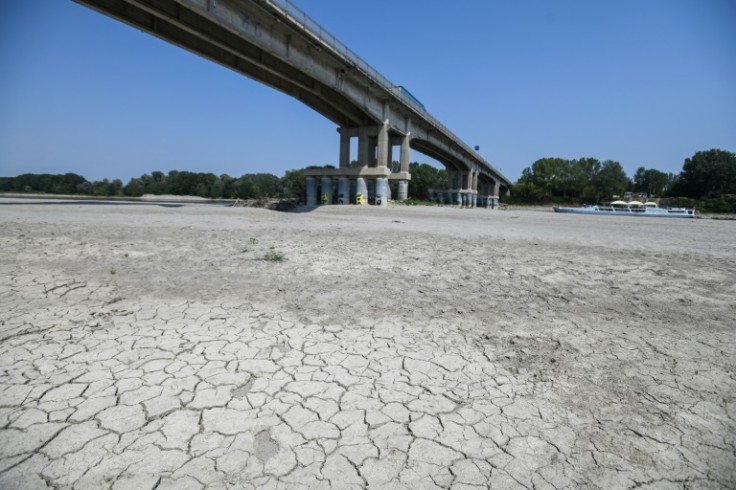Italy declares state of emergency as it faces devastating drought
High temperatures coupled with low rainfall have led to a severe water shortage in northern Italy.
Italy has declared a state of emergency in its five northern regions as it faces its worst drought in 70 years. The regions where a state of emergency has been declared until the end of this year include Emilia-Romagna, Friuli Venezia Giulia, Lombardy, Piedmont and Veneto.
The development comes in the backdrop of River Po running dry in many stretches. The 450-mile (650km) Po flows from the Alps in the north-west before entering the Adriatic Sea.
The low water level in the river has not only had an impact on the local population, but has affected the production of fruits and vegetables, hydroelectric power and drinking water.
Italy has declared a state of emergency in five northern regions following a worsening drought.
— DW News (@dwnews) July 4, 2022
Even the country's longest river, Po, is drying up.
Water levels are so low that even a shipwreck from WWII has resurfaced. pic.twitter.com/kPhzkMDk4R
"The state of emergency is aimed at managing the current situation with extraordinary means and powers," the Italian government said in a statement. It added that the government may take more steps if the situation does not get better in the coming days.
High temperatures coupled with low rainfall across winter and spring have led to a severe water shortage in northern Italy. The drought threatens to affect more than 30% of the country's agricultural produce and has already affected the production of fruits such as tomatoes and watermelons.
According to Italy's National Research Council, there has been half the amount of rain this year as opposed to the average rainfall recorded in the last 30 years and up to 60 percent less in northern regions.
All ornamental fountains have been turned off in Milan, even the washing of private vehicles and watering gardens has been banned in the city for now. In towns like Castenaso, the mayor has prohibited hairdressers from shampooing their customers twice.
The emergency declaration came a day after an avalanche set off by the collapse of an Italian glacier killed at least six people on Sunday, per a report in The Independent.
Italy's Prime Minister Mario Draghi has linked the disaster with climate change stating that "the government must think about what has happened and take steps to ensure that what happened is unlikely to do so again or can even be avoided."























